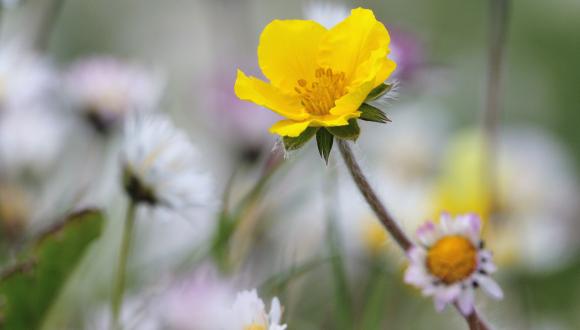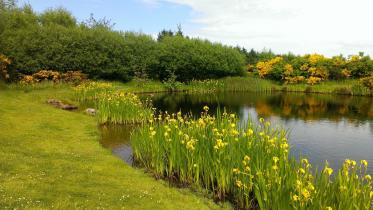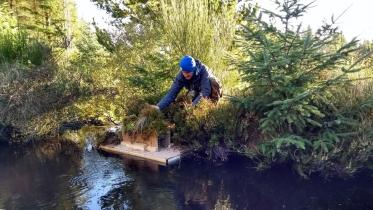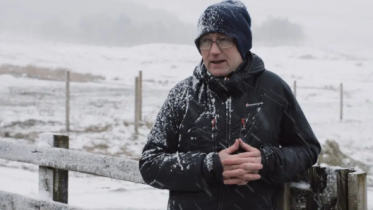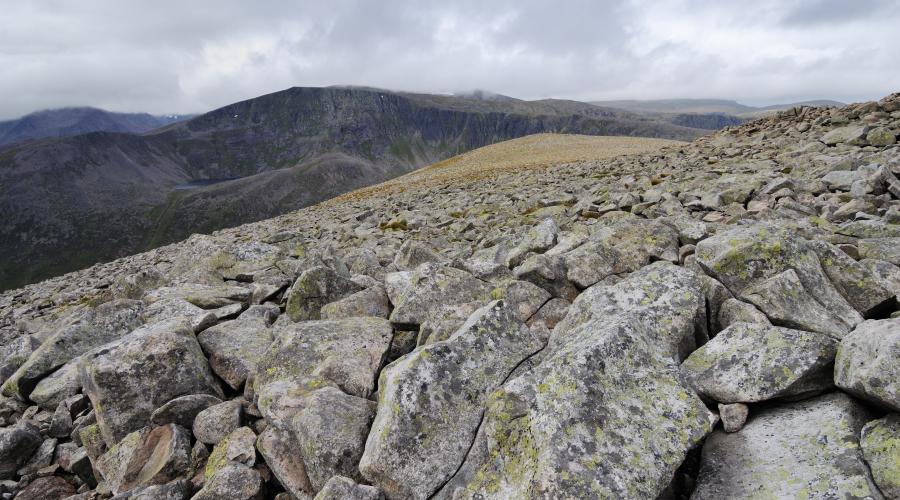
Codes for researchers and collectors
All who use Scotland’s rich geodiversity resource must do so with care to ensure its survival for future generations.
Scotland’s rich geodiversity has been studied for more than 200 years. Responsible fieldwork will let future generations continue this work. Geoscientists should use our geodiversity resource wisely and responsibly, and neither destroy nor deface it during fieldwork.
Collecting rock samples for cosmogenic dating in Scotland must be done responsibly – even if the land lies outside any protected area. Researchers should get permission for access and sampling, choose the sampling location with care, and avoid leaving unsightly and obvious scars.
Rock coring is a necessary part of geological research – and essential to advancing geoscience – but sampling must be done responsibly. You should follow the Scottish Core Code if rock coring in Scotland for palaeomagnetic, geological, geochemical and related studies.
Fossils can inform science, education and recreation. But Scotland’s finite fossil resource is at risk of abuse and damage. All fossil collectors should follow the Scottish Fossil Code, which sets out best practice for collecting, identifying, conserving and storing fossils.
The Scottish Fossil Code applies equally to the rich fossil heritage of Skye, our ‘Dinosaur Island’. But it’s important that exceptional fossils such as dinosaur remains are properly recorded and saved for research, education and exhibition.
